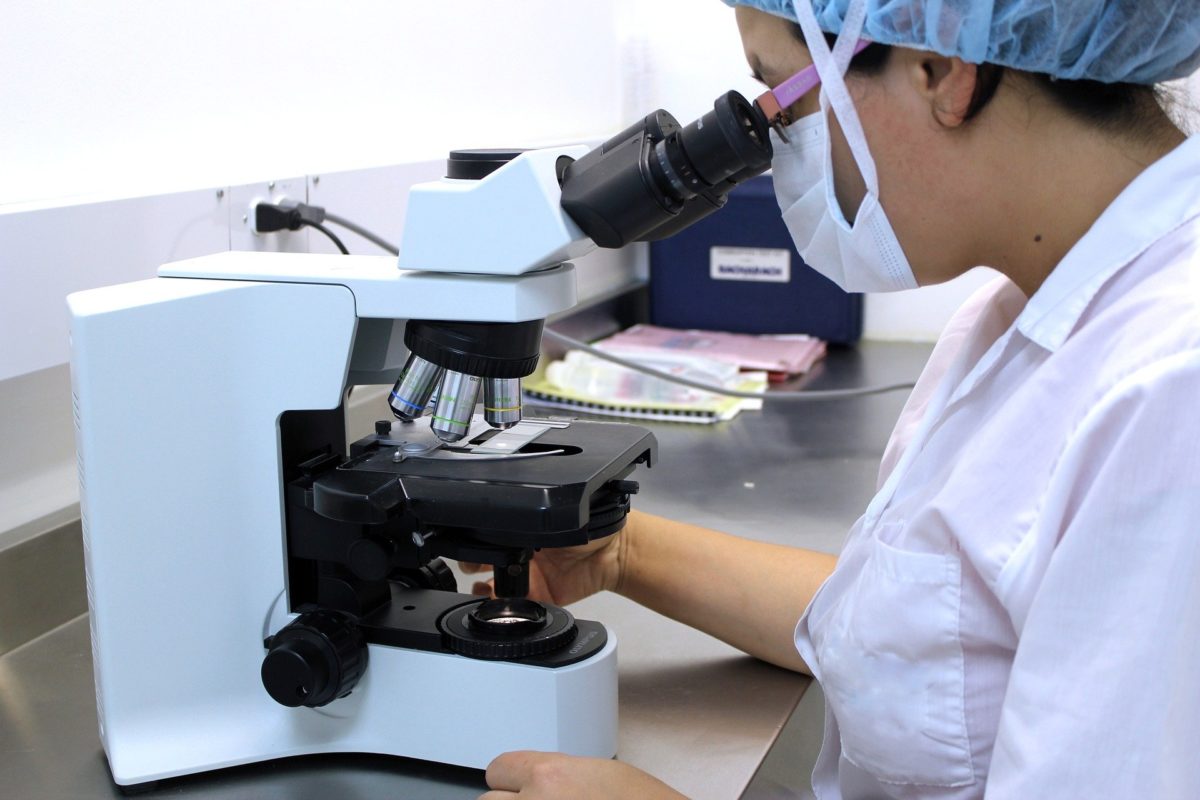A fresh bunch of fellows and an honorary fellow have been elected to the Academy of the Royal Society Te Apārangi for their distinction in research and advancement of science, technology or the humanities.
Announced by the society yesterday, they were hailed as world leaders in the following topics: improving human–machine interactions, moral philosophy, autobiographical memory, Pasifika poetry, cross-cultural psychology, Indigenous studies and the politics of polar regions. Also, paleobiology, seabed geology, tectonic and seismic hazards, pollen records, reintroduction biology, mathematical functional analysis, optical physics, stroke, maternal health, bone biology, end of life care and gout.
There’s the whiff of something horticultural about pollen records. But beyond that, the list looks bereft of ag/hort scientists.
The royal society said being made a fellow is an honour that recognises distinction in research, scholarship or the advancement of knowledge at the highest international standards. Fellows can use the post-nominal ‘FRSNZ’ after their name to indicate this honour.
Chair of the Academy Executive Committee, Professor Richard Blaikie FRSNZ, says it was pleasing to see new fellows from a wide range of disciplines and backgrounds.
“The newly-elected Fellows have made amazing contributions to knowledge in their fields and across disciplinary boundaries. Their election adds significantly to the breadth and diversity of knowledge held within the Academy; they will help support the purpose of Te Apārangi to engage with and inform New Zealanders on matters of public importance.”
“On behalf of the Academy and Society, I heartily congratulate all the new Fellows. The election process is rigorous and new Fellows can be rightfully proud that their outstanding achievements have been recognised by their peers in this way.”
The new Fellows are:
Associate Professor Mark Sagar, CEO Soul Machines Ltd and Auckland Bioengineering Institute, University of Auckland
Professor Valery Feigin, Auckland University of Technology
Professor Caroline Crowther, Liggins Institute, University of Auckland
Professor Tim Mulgan, University of Auckland
Dr Philip Barnes, NIWA
Professor Elaine Reese, University of Otago
Associate Professor Selina Tusitala Marsh, University of Auckland
Professor Ronald Fischer, Victoria University of Wellington
Professor James Crampton, GNS Science and Victoria University of Wellington
Professor Jillian Cornish, University of Auckland
Professor Brendan Hokowhitu, University of Waikato
Dr Kelvin Berryman, GNS Science
Professor Merryn Gott, University of Auckland
Professor Rewi Newnham, Victoria University of Wellington
Professor Nicola Dalbeth, University of Auckland and Auckland District Health Board
Professor Philip Seddon, University of Otago
Professor Astrid an Huef, Victoria University of Wellington
Professor Anne-Marie Brady, University of Canterbury
The society also announced the election of an honorary fellow. The election of honorary fellows aims to encourage strong ties with leading international scientists and scholars and New Zealand’s research community.
The new Honorary Fellow is Distinguished Professor John Dudley, University of Bourgogne-Franche Comté France and CNRS research institute FEMTO-ST.
The fellow whose work involves pollen is Professor Rewi Newnham, at Victoria University.
Rewi Newnham (Ngāpuhi) is an outstanding researcher and educator in studying past and present environmental and climatic conditions and modern changes, primarily through analyses of pollen records (palynology). His wide-ranging work includes studies of New Zealand’s past climates and their controls and links to global climate change, using pollen analysis to determine human and volcanic impacts on the environment, and contemporary effects of pollen on human health. Rewi has achieved world-wide recognition and has contributed to or co-led international initiatives to determine New Zealand’s past climates, using these findings to answer globally-important questions about environmental change. He also draws on his roots in Ngāpuhi iwi to build links between science and mātauranga Māori and to help New Zealanders understand the factors that affect environmental change.












